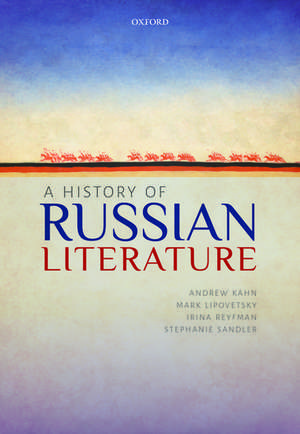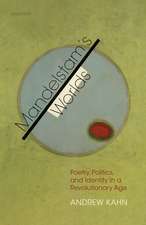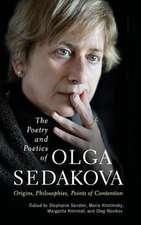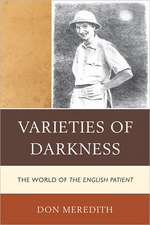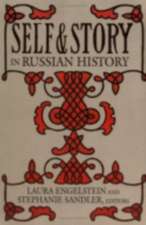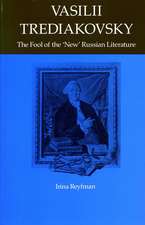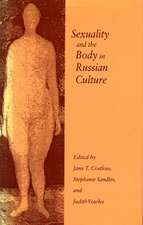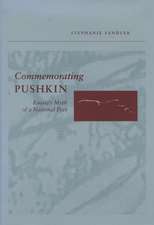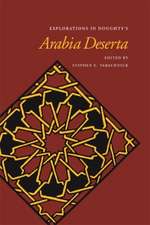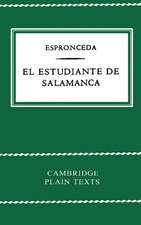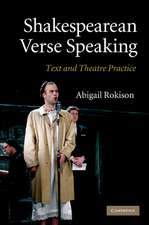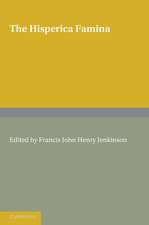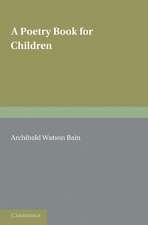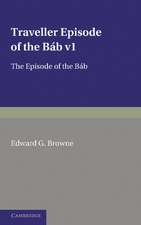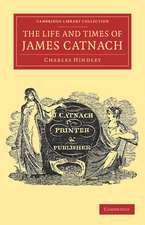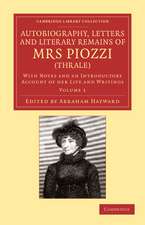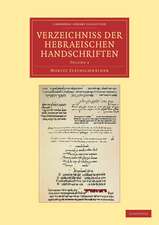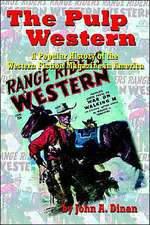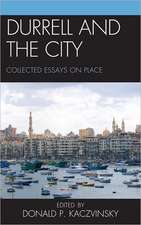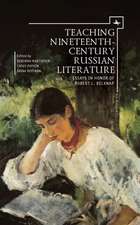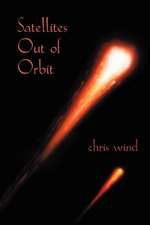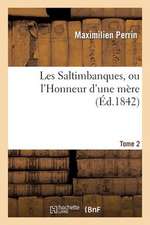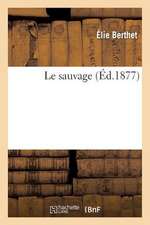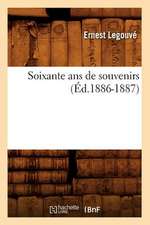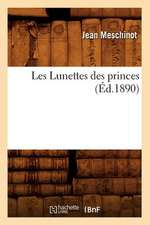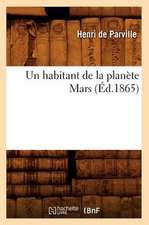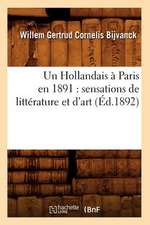A History of Russian Literature
Autor Andrew Kahn, Mark Lipovetsky, Irina Reyfman, Stephanie Sandleren Limba Engleză Hardback – 19 apr 2018
| Toate formatele și edițiile | Preț | Express |
|---|---|---|
| Paperback (1) | 230.39 lei 31-37 zile | +71.84 lei 7-13 zile |
| OUP OXFORD – 11 mai 2023 | 230.39 lei 31-37 zile | +71.84 lei 7-13 zile |
| Hardback (1) | 702.80 lei 31-37 zile | |
| OUP OXFORD – 19 apr 2018 | 702.80 lei 31-37 zile |
Preț: 702.80 lei
Preț vechi: 800.53 lei
-12% Nou
Puncte Express: 1054
Preț estimativ în valută:
134.48€ • 140.41$ • 111.30£
134.48€ • 140.41$ • 111.30£
Carte tipărită la comandă
Livrare economică 25-31 martie
Preluare comenzi: 021 569.72.76
Specificații
ISBN-13: 9780199663941
ISBN-10: 0199663947
Pagini: 960
Ilustrații: 16 page colour plate section
Dimensiuni: 180 x 254 x 70 mm
Greutate: 1.45 kg
Editura: OUP OXFORD
Colecția OUP Oxford
Locul publicării:Oxford, United Kingdom
ISBN-10: 0199663947
Pagini: 960
Ilustrații: 16 page colour plate section
Dimensiuni: 180 x 254 x 70 mm
Greutate: 1.45 kg
Editura: OUP OXFORD
Colecția OUP Oxford
Locul publicării:Oxford, United Kingdom
Recenzii
This exhaustive volume represents a very significant contribution to the bibliography of Russian literary history from the medieval to the modern period. In its scope, conception and engagement with scholarship, this is the kind of account which comes along only once every generation, a work informed by the lifelong study of four preeminent scholars of Russian literature from both sides of the Atlantic. ...The authors have been extraordinarily thorough throughout in their generous engagement with the scholarship and secondary literature in both Russian and English. ...It will inevitably feature in the comprehensive exam lists of all graduate students of Russian literature.
The Oxford History paves the way
All academic fields are under pressure to be constantly open to shifting global perspectives and previously unheard voices. Can even the most meticulous hard-copy linear narrative hope to keep up with these challenges? In my view, the new Oxford History of Russian Literature, a staggering accomplishment, manages to do so.
This new history of Russian literature written by four Slavists is an interesting and useful book. It is a very timely book... It is informative, the material, nonetheless, fits compactly in one volume. It covers the familiar and also offers an abundance of unusual solutions/positions. It is addressed to the Anglophone readers but holds just as much interest for the Russian. The sociological approach that the authors maintain is realized in the special attention to institutions and conditions in which literature functions (from Ancient Russia to post-perestroika Russia); to the evolution of subjectivity, manifested in literary forms that also give evidence of the self-awareness of man in different periods; to the narratives that, on the one hand, can be extracted from texts and, on the other, form national identity. Literature both mirrors societal life and defines it.
Of particular importance to nonspecialists will be inclusion throughout of detailed definitions of key literary and historical terms. A section of color plates, along with black-and-white illustrations, afford welcome visual perspective. The bibliography and endnotes are exhaustive and have already served this reviewer's further investigations. This comprehensive, articulate history should prove invaluable to a broad readership. ... Summing up: Essential."
what Kahn, Lipovetsky, Reyfman and Sandler have managed to encompass and contextualize ... is nothing short of staggering.
The Oxford History paves the way
All academic fields are under pressure to be constantly open to shifting global perspectives and previously unheard voices. Can even the most meticulous hard-copy linear narrative hope to keep up with these challenges? In my view, the new Oxford History of Russian Literature, a staggering accomplishment, manages to do so.
This new history of Russian literature written by four Slavists is an interesting and useful book. It is a very timely book... It is informative, the material, nonetheless, fits compactly in one volume. It covers the familiar and also offers an abundance of unusual solutions/positions. It is addressed to the Anglophone readers but holds just as much interest for the Russian. The sociological approach that the authors maintain is realized in the special attention to institutions and conditions in which literature functions (from Ancient Russia to post-perestroika Russia); to the evolution of subjectivity, manifested in literary forms that also give evidence of the self-awareness of man in different periods; to the narratives that, on the one hand, can be extracted from texts and, on the other, form national identity. Literature both mirrors societal life and defines it.
Of particular importance to nonspecialists will be inclusion throughout of detailed definitions of key literary and historical terms. A section of color plates, along with black-and-white illustrations, afford welcome visual perspective. The bibliography and endnotes are exhaustive and have already served this reviewer's further investigations. This comprehensive, articulate history should prove invaluable to a broad readership. ... Summing up: Essential."
what Kahn, Lipovetsky, Reyfman and Sandler have managed to encompass and contextualize ... is nothing short of staggering.
Notă biografică
Andrew Kahn is Professor of Russian Literature at the University of Oxford. He has published widely on Russian Enlightenment literature and on Russian poetry, including Pushkin's Lyric Intelligence (OUP, 2008, pbk. 2012). His studies often focus on the interplay between the history of ideas and how writers think with literature.Mark Lipovetsky is Professor of Russian Studies at the University of Colorado at Boulder (USA). He is the author of seven books on Russian literature and culture including Russian Postmodernist Fiction: Dialogue with Chaos (1999), Paralogies: Transformations of the (Post)Modernist Discourse in Russian Culture of the 1920s-2000s (2008), and Performing Violence: Literary and Theatrical Experiments of New Russian Drama (with Birgit Beumers). He has co-edited the volume of Dictionary of Literary Biography: Russian Writers Since 1980 (Gale Group in 2003), an anthology of Russian and Soviet wondertales, Politicizing Magic (2005), Veselye chelovechki: Cult Heroes of Soviet Childhood (2008) , and A Non-Canonical Classic: D. A. Prigov (2010), Charms of Cynical Reason: the Trickster's Transformations in Soviet and post-Soviet Culture (2011), and edited (with Evgeny Dobrenko) Russian Literature since 1991 (CUP, 2015).Irina Reyfman is professor of Russian Language and Literature at Columbia University. In her studies, Reyfman focuses on the interaction of literature and culture, examining both how literature reacts to cultural phenomena and how it contributes to the formation of cultural biases and forms of behavior. Reyfman is the author of How Russia Learned to Write: Literature and the Imperial Table of Rannks (Madison, Wisconsin, 2016), Vasilii Trediakovsky: The Fool of the `New' Russian Literature (Stanford, 1990), and Ritualized Violence Russian Style: The Duel in Russian Culture and Literature (Stanford, 1999); the latter book also appeared in Russian (Moscow: Novoe Literaturnoe obozrenie, 2002). She is also a co-editor (with Catherine T. Nepomnyashchy and Hilde Hoogenboom) of Mapping the Feminine: Russian Women and Cultural Difference (Bloomington, IN: Slavica, 2008).Stephanie Sandler is the Ernest E. Monrad Professor of Slavic Languages and Literatures at Harvard University. She has written on Pushkin and later myths about him, including Distant Pleasures: Alexander Pushkin and the Writing of Exile (1989) and Commemorating Pushkin: Russia's Myth of a National Poet (2004). Other interests include ideas of selfhood and identity in Russian literature and film, which led to a co-edited volume, Self and Story in Russian History (2000, with Laura Engelstein); and questions of sex and gender, subject of another edited volume, Sexuality and the Body in Russian Culture (1993, 1998, with Jane Costlow and Judith Vowles). She has co-edited a pioneering collection of essays on the contemporary poet Olga Sedakova, published in Russia in 2017 and due out in English with University of Wisconsin Press.
